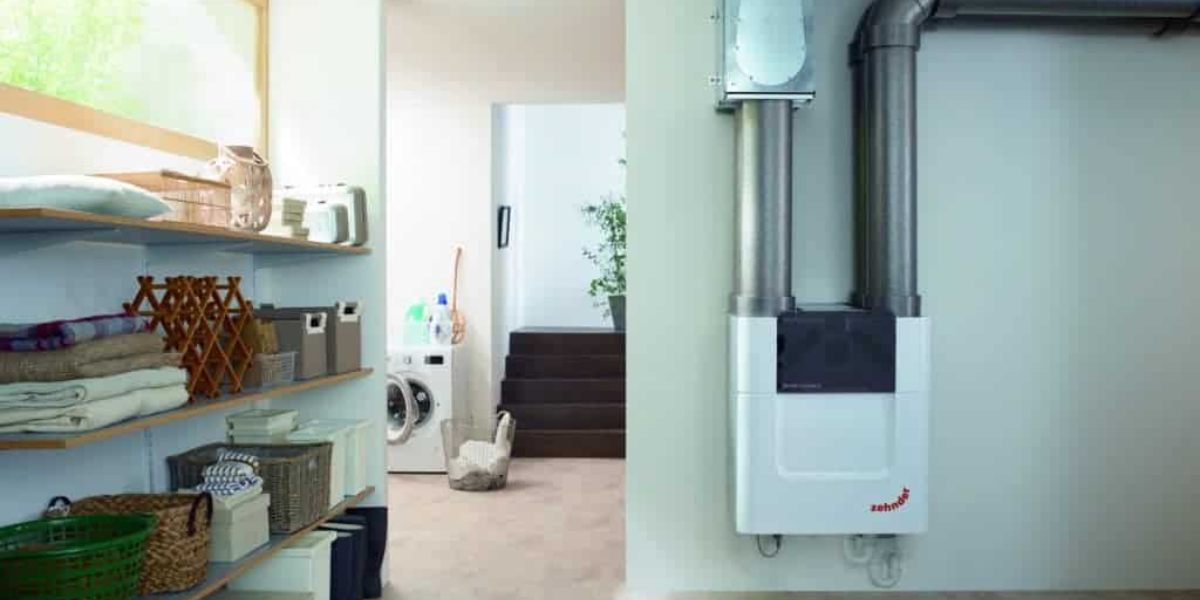Understanding the Real Estate Market in the UAE
The decision between renting and buying a home in the UAE is a major financial and lifestyle choice. The real estate market in the UAE is dynamic, with property values fluctuating based on economic factors and demand. Whether you are an expatriate or a local resident, evaluating the pros and cons of each option is crucial before making a commitment. While buying a home can offer long-term financial stability and potential investment returns, renting provides flexibility and lower upfront costs. The choice ultimately depends on personal preferences, financial capabilities, and long-term plans.
Advantages and Disadvantages of Renting a Home in the UAE
Renting a home in the UAE offers significant flexibility, making it an attractive choice for expatriates and individuals who frequently relocate. With no large down payment required, renting is financially less burdensome than purchasing a property. Tenants also avoid maintenance costs and property taxes, as these responsibilities typically fall on the landlord. Additionally, renting allows individuals to live in prime locations without committing to a long-term investment. However, one downside of renting is the lack of equity accumulation, meaning monthly payments do not contribute to ownership. Rent prices in major cities such as Dubai and Abu Dhabi can also fluctuate, potentially making long-term affordability uncertain. Another challenge tenants may face is the annual rent increase, which depends on the rental index set by the government.
Pros and Cons of Buying a Home in the UAE
Purchasing a home in the UAE comes with the advantage of property ownership, which can lead to long-term financial gains. Unlike renting, buying a home allows individuals to build equity over time and benefit from property appreciation. Homeownership also provides stability and freedom, as owners can renovate and customize their properties according to their preferences. Moreover, mortgage plans in the UAE offer competitive interest rates, making homeownership more accessible. However, buying a home requires a substantial initial investment, including a down payment, registration fees, and maintenance costs. Property buyers should also consider market fluctuations, which can impact the value of their investment. Additionally, expatriates purchasing property must comply with specific regulations, as freehold ownership is only permitted in designated areas.
Financial Considerations: Renting vs. Buying
From a financial perspective, renting is a cost-effective option for individuals who do not wish to commit to a long-term investment. Monthly rental payments are predictable and do not include hidden maintenance costs. On the other hand, buying a home may be a smarter financial decision in the long run, as property values in the UAE tend to appreciate over time. Mortgage payments contribute toward ownership, whereas rent payments do not offer any return on investment. However, prospective buyers should assess their financial stability before purchasing a home, as mortgage commitments require long-term financial planning. The cost of moving into a new home also varies depending on whether one is renting or buying, and many individuals rely on professional movers and packers to ensure a seamless transition.
Lifestyle and Flexibility: Key Factors in Decision-Making
Lifestyle preferences play a crucial role in choosing between renting and buying. Renting offers flexibility, which is ideal for expatriates who may need to relocate for work or personal reasons. It also allows individuals to experience different neighborhoods before committing to a permanent residence. In contrast, buying a home provides a sense of stability and community, as homeowners establish long-term roots. Those who prioritize customization and personalization may prefer buying, as rental properties often come with restrictions on modifications. Additionally, individuals moving to a new city may seek assistance from professional movers, making the relocation process more convenient and stress-free.
Legal Aspects and Market Trends in the UAE
Understanding legal regulations is crucial when deciding to rent or buy a home in the UAE. Rental agreements are typically regulated by the Real Estate Regulatory Authority (RERA), ensuring that tenants and landlords comply with rental laws. Buyers, on the other hand, must be aware of freehold and leasehold property ownership laws, particularly if they are expatriates. The UAE property market trends also influence decision-making, as favorable mortgage rates and increasing property developments make homeownership appealing. Meanwhile, rental demand remains high due to the large expatriate population, contributing to stable rental prices. Consulting with real estate professionals and best moving companies can help individuals make informed decisions based on current market conditions.
Final Thoughts: Choosing the Right Option for Your Needs
Whether to rent or buy a home in the UAE depends on various factors, including financial readiness, long-term goals, and lifestyle preferences. Renting is an excellent option for those who prioritize flexibility and lower upfront costs, while buying offers long-term investment potential and stability. Individuals should carefully assess their financial situation, market conditions, and personal priorities before making a decision. Regardless of the choice, ensuring a smooth transition with professional movers and reliable real estate guidance can make the process easier and stress-free. As the UAE real estate market continues to evolve, staying informed about property trends and regulations will help individuals make the best housing decisions for their needs.




